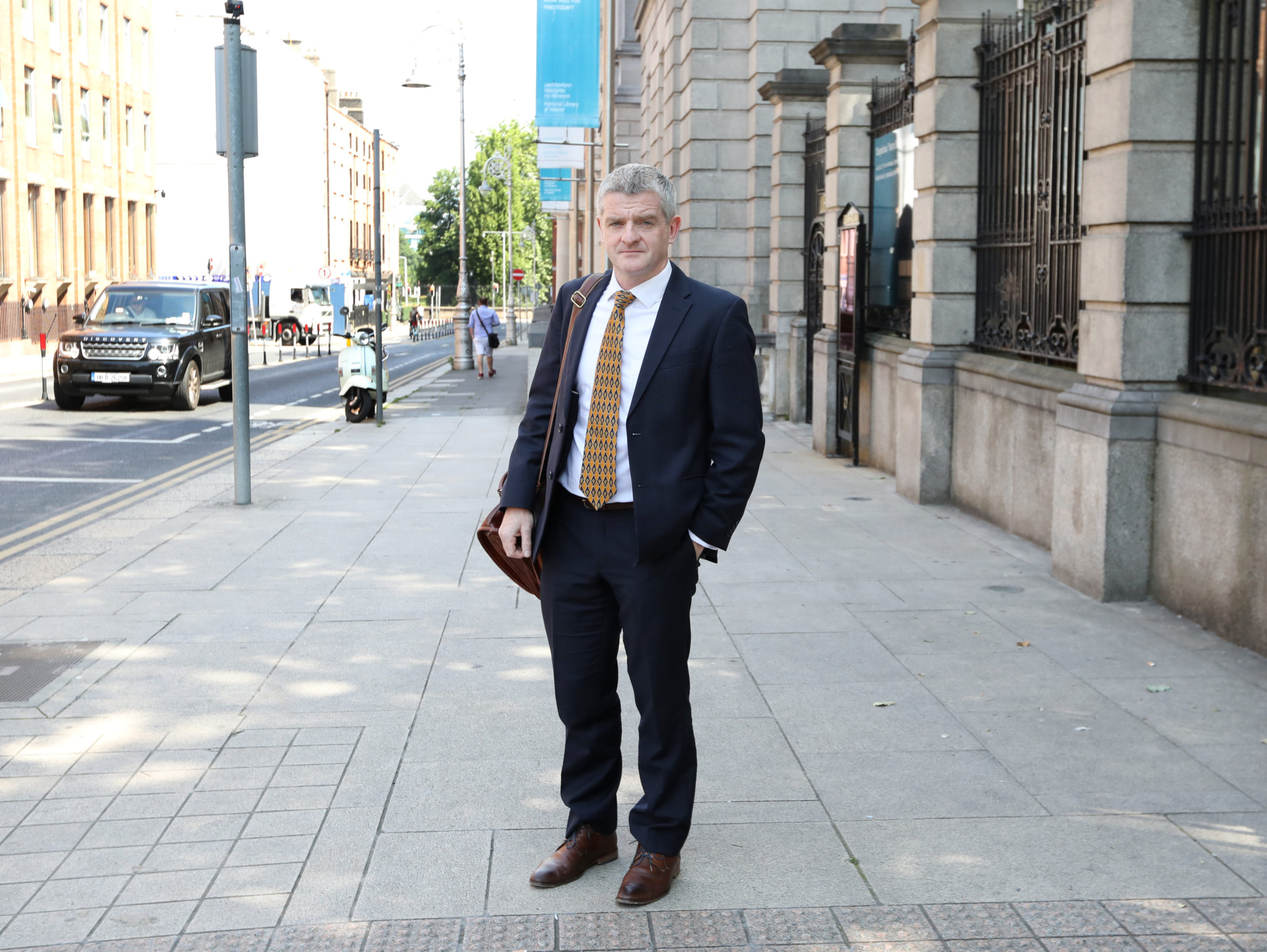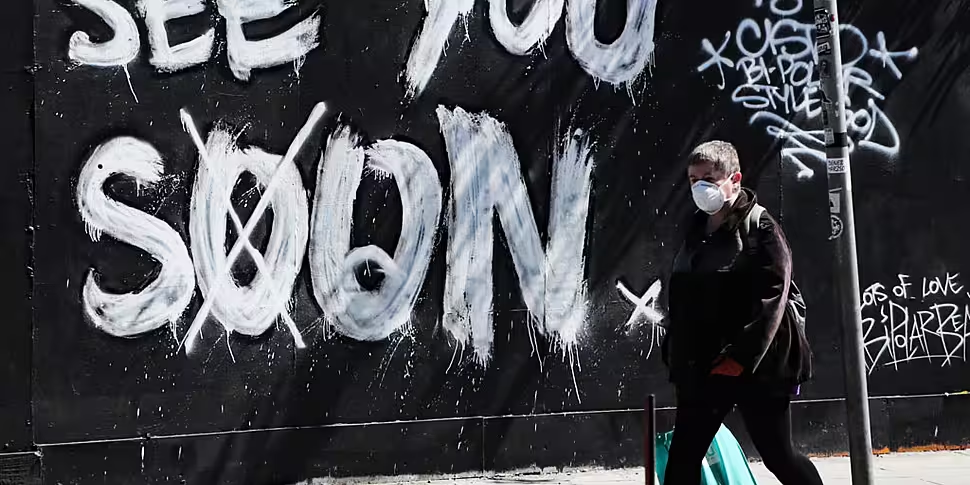An infectious disease expert has warned that countries that have seen success with hard lockdowns introduced draconian measures to enforce them.
It comes amid ongoing debate about the possibility of a short, hard ‘circuit-breaker’ lockdown to take down virus numbers before the Christmas period.
Over the weekend, the Taoiseach Micheál Martin told Newstalk that the possibility couldn’t be ruled out – but said the current Level Three restrictions need to be given an opportunity to work.
On The Pat Kenny Show this morning, Professor Paddy Mallon, Infectious Diseases Consultant at St Vincent's Hospital in Dublin said the “devil is in the detail” when it comes to the strategy.
He said countries like Israel and Singapore that have introduced similar systems backed them up with severe enforcement.
“At the time of their strict lockdown, [Israel] was getting 4,000 to 5,000 cases a day and the positivity rate on the cases was about 10%,” he said.
“What they did was they brought in a lockdown where schools closed, shops closed, you were allowed no more than 500 metres from their house and Ben Gurion Airport was shut down to all outgoing flights.
“They have seen a very sharp reduction in cases. Yesterday, cases were down to about 500 or 600 per day.
“But this is against the background of a very strict regime. Israel was using their security services to track people’s mobile phones and there is the equivalent of a €1,200 fine or imprisonment if you are found not adhering to the guidelines.
“So the hard part we refer to is a lot different in these countries to what we did during our first lockdown and I think the debate we need to have if we are going to pursue this is what short means and what hard means in the context of what we are going to deliver.”
Circuit-breaker
He said Israel and Singapore both show that the circuit-breaker has the potential to be effective – but all sides need to open about how tough it could be.
“I think everybody just needs to be open about what the implications of this are,” he said.
“I think we also need to have a very open and frank discussion that, if we do undergo a short, sharp, hard lockdown, what it is we do when we come out the other side.
“Really, what we don’t want to do, is to undergo that sort of hardship only to end up back where we are at the minute in a couple of months’ time.
“So, I think that is where the discussion needs to be because the devil here really is in the detail.”
 UCD Professor Paddy Mallon leaving the Dáil after reporting to the Oireachtas Special Committee on COVID-19, 25-06-2020. Image: Sasko Lazarov/RollingNews
UCD Professor Paddy Mallon leaving the Dáil after reporting to the Oireachtas Special Committee on COVID-19, 25-06-2020. Image: Sasko Lazarov/RollingNewsProfessor Mallon said officials also need to “look at the positives” and said the Level Three restrictions in Dublin may be having the desired effect.
“Dublin has been at Level Three with these additional restrictions now for a few weeks and if anything, we are seeing the case numbers in Dublin stabilise.
“We heard from the Minister for Health yesterday that the R0 number, this number that represents transmissions, was at 1.
“Now 1 represents a reduction so it shows that transmission is coming down. It is not enough to turn the tide but it is at the brink where, if we can drive it down further, we’ll start to see numbers drop off.
“That, plus what we saw with Kildare earlier, are indications that if we do get good community buy-in to Level Three, we may be able to turn this around. But the key here is community buy-in.”
Contacts
He noted that 83% of outbreaks in September were household outbreaks and said that if we all reduce our contacts, “that, in itself, can be a good circuit-breaker.”
“If COVID-19 spreads between three people, it is a transmission event that is relatively easy to get on top of,” he said.
“If COVID-19 gets the ability to spread amongst a group of 20 people, that is a super spreader event. It is a big escalation in cases that makes everyone’s job very difficult.
“The key here is we have to cut down on our contacts at work and in the home.”
You can listen back here:









